Sermons & Homilies
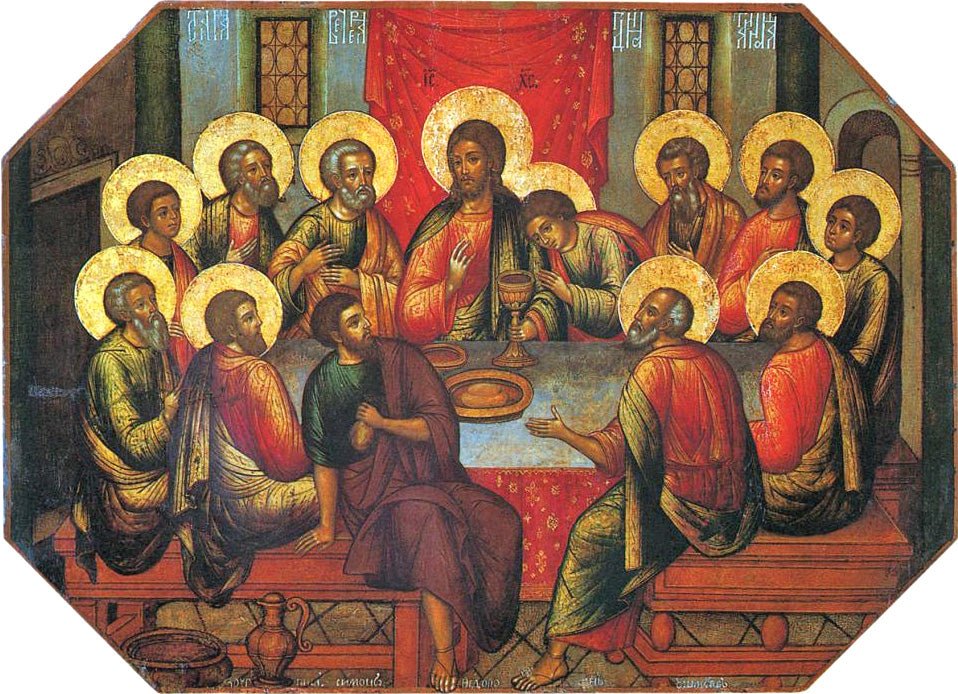
All our lives on this earth have been given to us for this one purpose: to decide whether we want to be with God for all eternity, or whether we would really prefer for Him to simply leave us alone. Perhaps it seems to us impossible that we would ever, like the Gadarenes (cf. Luke 8:26-39), ask God to go away. But, my brothers and sisters, we must all ask ourselves: how many times a day do we, too, “[begin] to make excuse” (Luke 14:18), offering to God (as well as to ourselves) various justifications for the fact that all sorts of other things so often seem more necessary and important to us than being with Him? To put it another way: do we often find ourselves looking for every opportunity to lay earthly things aside and spend more time in prayer? Or do we often find ourselves looking for every excuse to lay prayer aside, and spend more time immersed in the cares and pleasures of this world? Thank God, we have been given all our lives to repent, to learn at long last to make the right decision when we hear His divine call. But, my brothers and sisters, this does not mean we do not have to make the decision until the end of our life finally arrives. No, we make this decision constantly, every minute of every hour of every day: do we want to be with God, or not? In each and every moment, we accept or refuse God’s invitation to His Heavenly Banquet.
Continue reading
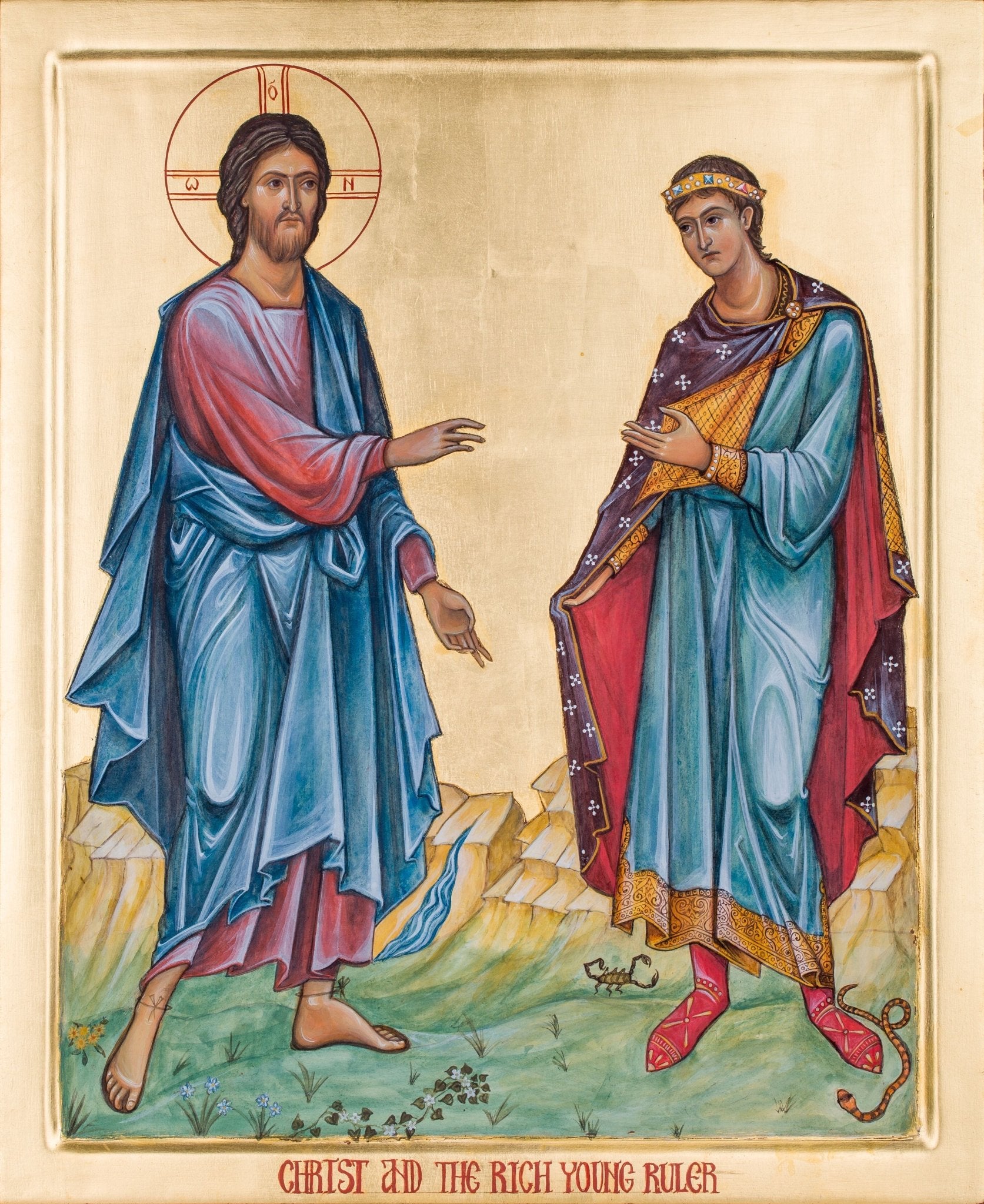
Around the year 271, there was a young man who lived in Lower Egypt, born to wealthy landowner parents, both of whom only then recently died, leaving the young man to care for his little sister and the upkeep of the family home. This young man went to the Divine Services one day, and while there he heard the Gospel which we have just heard. A friend, writing about this experience, says that the young man realized this passage had been read for his sake, and he immediately left the church, gave away all the land that he had inherited, and then sold his possessions, distributing the money to the poor, and saving some for his sister. This young man we know as St. Antony the Great...
Continue reading
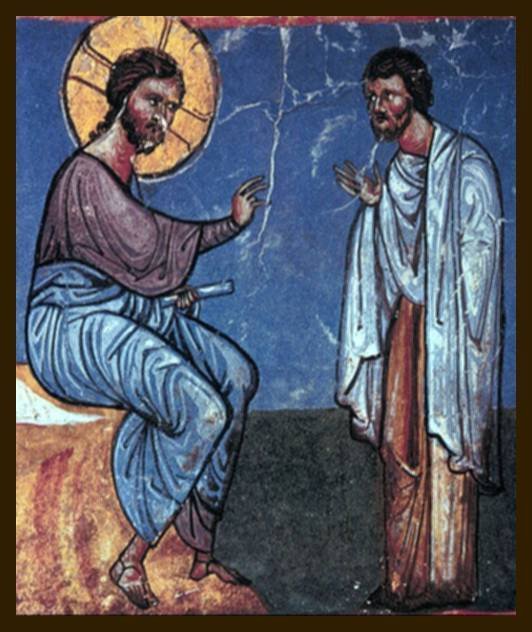
When the future Elder, Arsenie Papacioc, was asked as a soldier in his 20s what he would do if he were a general to train soldiers, he replied, “I would teach them to die, if they didn’t fear death, they wouldn’t be so cowardly. They would fight better, and win”. “I would teach them to die”. This lesson from a soldier is pertinent for us today. It is no surprise that analogies between the spiritual life and physical combat are as old as Christianity itself. Just as courage in the face of death is necessary on the front line of war, so too, is it necessary for each one of us as we engage in spiritual warfare. And it’s this unwillingness to die that we see is the ultimate downfall of the rich man in today’s Gospel.
Continue reading
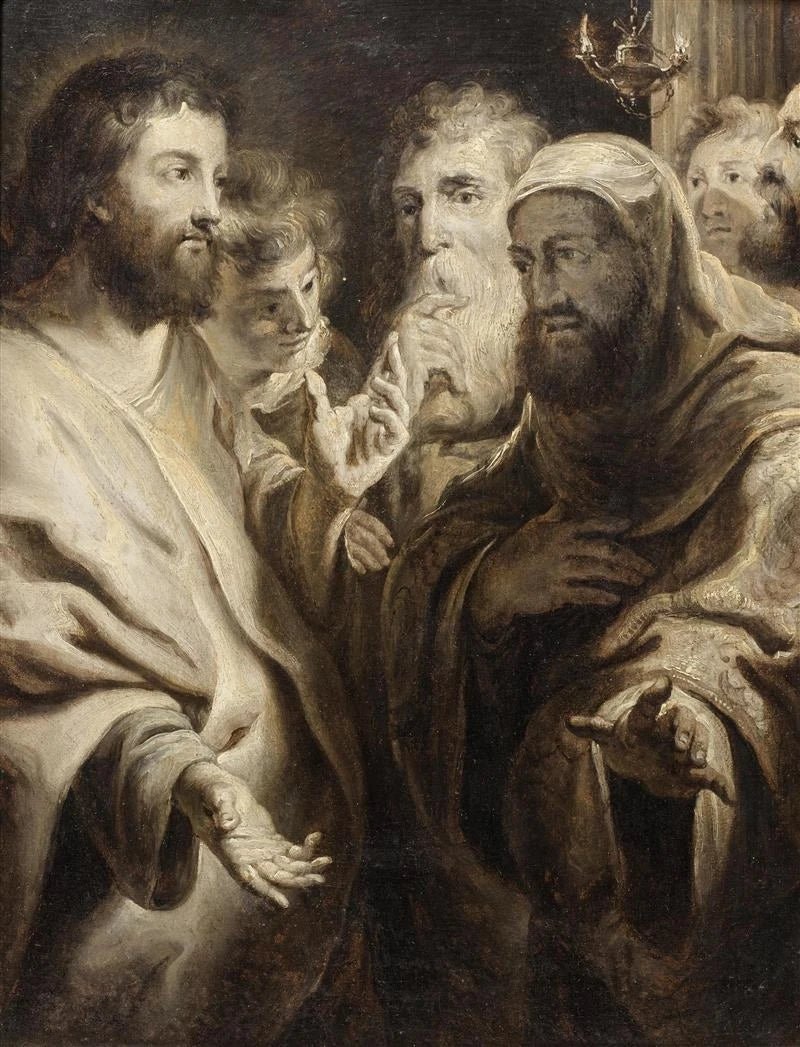
In the Gospel reading today, dedicated to the Sunday before the Exaltation of the Cross, we hear Christ speaking to the Pharisee, Nicodemus, who came to Him at night and in secrecy, asking Him questions about who He is and about His teaching.
Continue reading
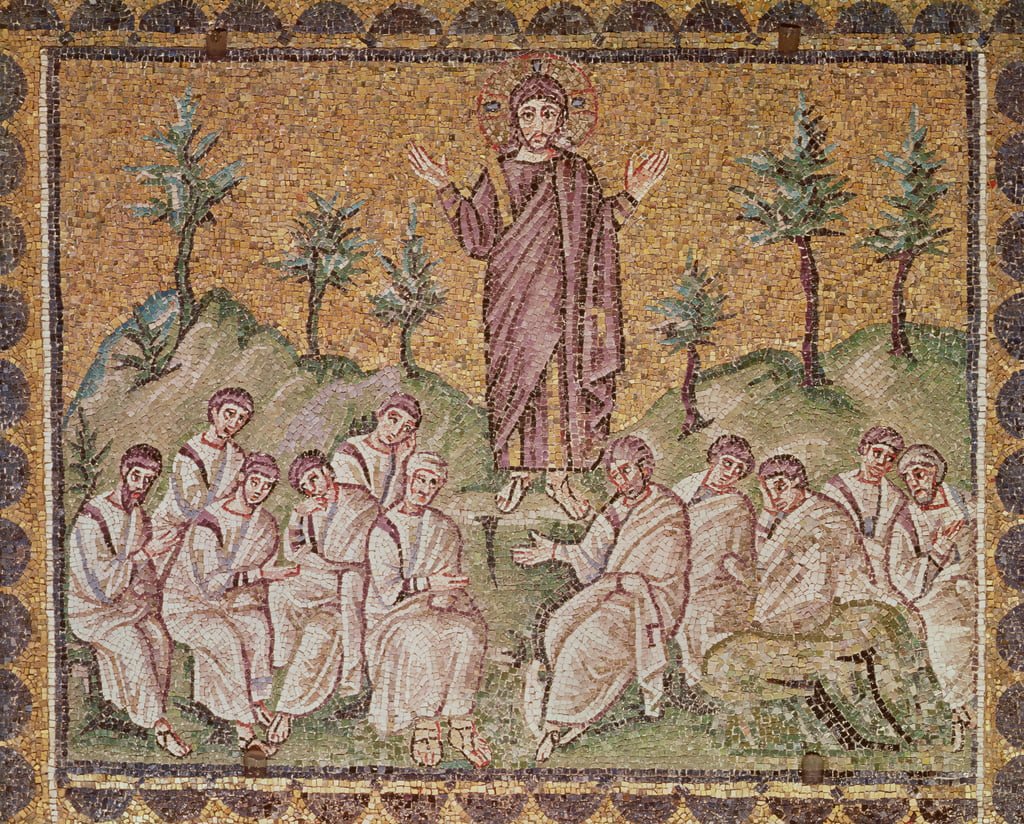
To our cynical, carnal minds, Christ’s commandment seems a bit naïve and idealistic—a fine sentiment for dreamers, but in the end simply impractical. How could we get on with our lives if we were constantly giving of ourselves, if we loved others without discrimination or distinction?
Continue reading

